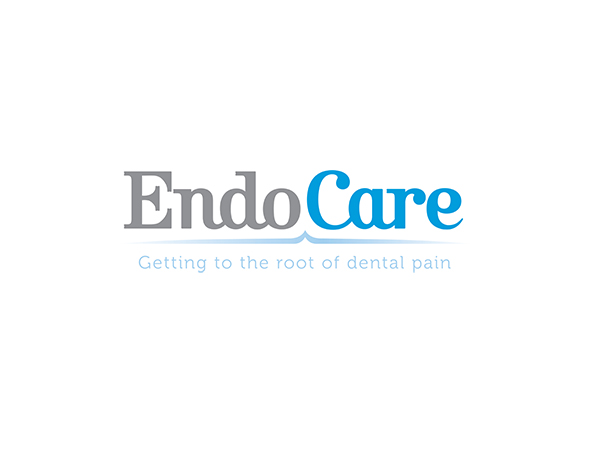Are we warning our patients enough about the dangers of oral bacteria? Dr Michael Sultan – Endocare
Featured Products Promotional FeaturesPosted by: Dental Design 11th September 2019


In recent years, it has become abundantly clear that oral hygiene matters even more than we could have ever imagined. It seems that no week goes by without further evidence that oral bacteria has effects that extend far beyond the mouth, and in many cases these pathogens have been found to exacerbate various systemic diseases and even impact their severity.
Recent findings involving oral bacteria
For example, I recently read a new report that revealed that oral bacteria had been found in the cerebral emboli of stroke patients.[i]When examined, it was found that 79% of the thrombus aspirates removed from stroke victims by radiologists contained oral bacteria. This indicates that although these bacteria pose little threat to our health when in the oral environment, if they enter the bloodstream they can be far more damaging – highlighting the importance of good oral hygiene and the necessity of sorting any oral infections or instances of decay as soon as possible.
This research follows another recent revelation that oral bacteria may impact the severity of health conditions already present. For instance, a report looking at pancreatic cystic tumours found that the presence of oral bacteria within the tumour meant that it was more likely to be cancerous than a benign growth. On the plus side, this has actually led to further developments in research of this type of cancer, as the presence of certain bacteria may be a reliable indicator of whether a tumour is malignant, therefore helping professionals to identify the threat faster and more reliably.[ii]
A similar story presents itself in the instance of colon cancer. Research undertaken at Columbia University has found that the presence of oral bacteria in cancerous colon tumours actually accelerates their growth, and this can cause tumours to become far more deadly in a much shorter timeframe. Again, this finding does have positive implications as we can now possibly develop a way to target these bacteria and bring certain cancers more under control. It is still worrying information and again emphasises the importance of warning patients about the threat of oral bacteria.
Helping our patients understand
But are we doing enough, as professionals, to make these threats to people’s health clear? It’s so important for us to keep up to date with the latest findings, but are we alerting our patients to these dangers properly? If you stop and ask someone on the street it’s likely that they will not know of the extent of the links between oral health and general health, and this is a problem we need to address.
The first thing to do is to inform all patients, but especially those we think are at the highest risk. We’ve all had those patients who we tell to floss and take more care of their oral health, only for them to return and the situation hasn’t changed one bit 6 months down the line. This can be due to a variety of reasons – perhaps they are too busy to floss and can’t find the time, or perhaps they simply don’t enjoy the sensation of string floss. With these patients it is arguably best to be straight with the facts. As more research becomes available, we can clearly see that oral bacteria are dangerous and even life threatening, so it’s worth making this picture clear so that they can understand. You can even share some of the research with your patients – people are far more likely to listen to you if you can support what you’re saying with evidence, and this might be the kick they need to start taking your advice more seriously.
Are they avoiding flossing because they find it uncomfortable? If so, you can suggest alternatives to string floss such as water flossers – these are highly effective at removing bacteria, and are quick and easy to use. There are plenty of modern products that can bypass the inconveniences of traditional string floss, make brushing easier and enhancing oral hygiene routines. Try taking the time to sit down with patients and explore their home routines and make suggestions for improvements where necessary – sometimes it’s a simple misunderstanding that means these patients are not being as thorough as they should be when brushing their teeth. Guidance is all it takes.
Help them live their future
If there’s one thing that’s clear, it’s that we have to be more vigilant when it comes to alerting our patients to the dangers of ignoring their oral health. It’s likely that more connections will be made to oral bacteria and other systemic health conditions, so we need to protect our patients as much as possible by arming them with the appropriate knowledge.
For further information please call EndoCare on 020 7224 0999
Or visit www.endocare.co.uk
[i]Science Daily. Presence of Oral Bacteria In Cerebral Emboli of Stroke Patients. Link: https://www.sciencedaily.com/releases/2019/05/190523111357.htm[Last accessed June 19].
[ii]Science Daily. Oral Bacteria In Pancreas Linked To More Aggressive Tumours. Link: https://www.sciencedaily.com/releases/2019/03/190314123138.htm[Last accessed June 19].
No Comments
No comments yet.
Sorry, the comment form is closed at this time.



